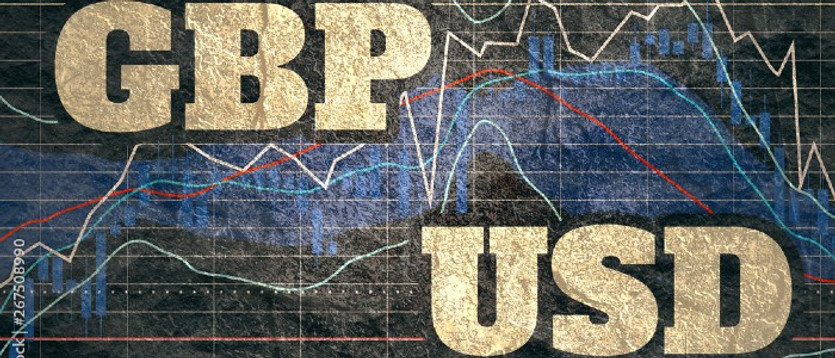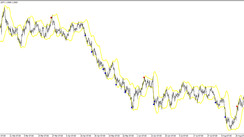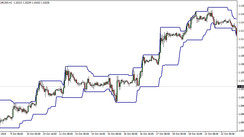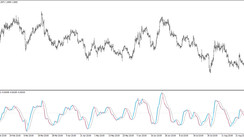Having received an impulse from the dollar developing a downward correction, GBP/USD is growing today.
The dollar is weakening and the DXY dollar index is falling after breaking above 109.00 last week. At the time of writing this article, DXY futures are near 107.34 mark. Given the strong bullish momentum, as well as the long-term uptrend in DXY, a breakdown of the local resistance level 109.00 will be a signal to increase long positions in DXY futures with the prospect of growth towards multi-year highs of 121.29 and 129.05, reached, respectively, in June 2001 and in November 1985.
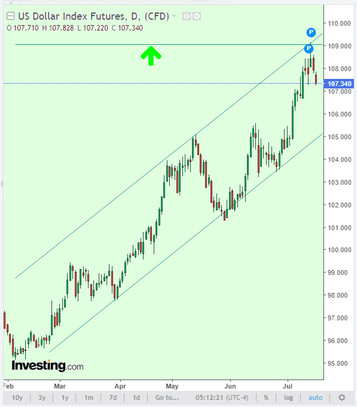
Market participants continue to evaluate the inflation indicators published last Wednesday, which pointed to the continuing rise in inflation in the US.
As follows from the data of the US Bureau of Labor Statistics, published last Wednesday, in June, inflation in the US accelerated from 1.0% to 1.3%, and in annual terms jumped to the highest level in the last 40 years, amounting to 9.1%. (YoY) vs. 8.6% in May and market expectations of 8.8%.
Such a sharp increase in inflation, despite the actions of the Fed, strengthened the expectations of market participants regarding a more rapid tightening of the monetary policy of the American central bank, and this is so far the main driver of USD growth.
As for the pound, here it is worth paying attention to the publication on Tuesday and, especially, on Wednesday (at 06:00 GMT) of important macro statistics for the UK.
It is expected that tomorrow's report of the National Office of Statistics (ONS) on the labor market will indicate a low unemployment rate of 3.8% and an increase in average wages: including bonuses, for the last calculated 3 months (March-May), by +6.8% (after growth of +6.8%, +7.0%, +5.4%, +4.8%, +4.3%, +4.2% in previous periods), and without premiums - by +4.3% (after growth of +4.2%, +4.2%, +4.1%, +3.8%, +3.7%, +3.8% in previous periods).
If the data is confirmed or is better than the forecast, then the pound is likely to strengthen. Worse-than-expected/previous data will have a negative impact on the pound, as it reinforces the negative outlook regarding the possibility of an interest rate hike by the Bank of England in August.
The next release on inflation in the country, which will be published on Wednesday (at 06:00 GMT), may have a much greater impact on the pound. Inflation in the UK is expected to set a new anti-record in June at around 9.2% (after annual growth of 9.1%, 9.0%, 7.0%, 6.2%, 5.5% in previous months since the beginning of this year). If so, the pressure on the Bank of England to further tighten its monetary policy will intensify, and this is a bullish signal for the pound. Although, the reaction of the market can be unpredictable: the Bank of England is no longer keeping up with the rapidly rising inflation, which, according to economists of the Bank of England, may be higher than 11% this year.

